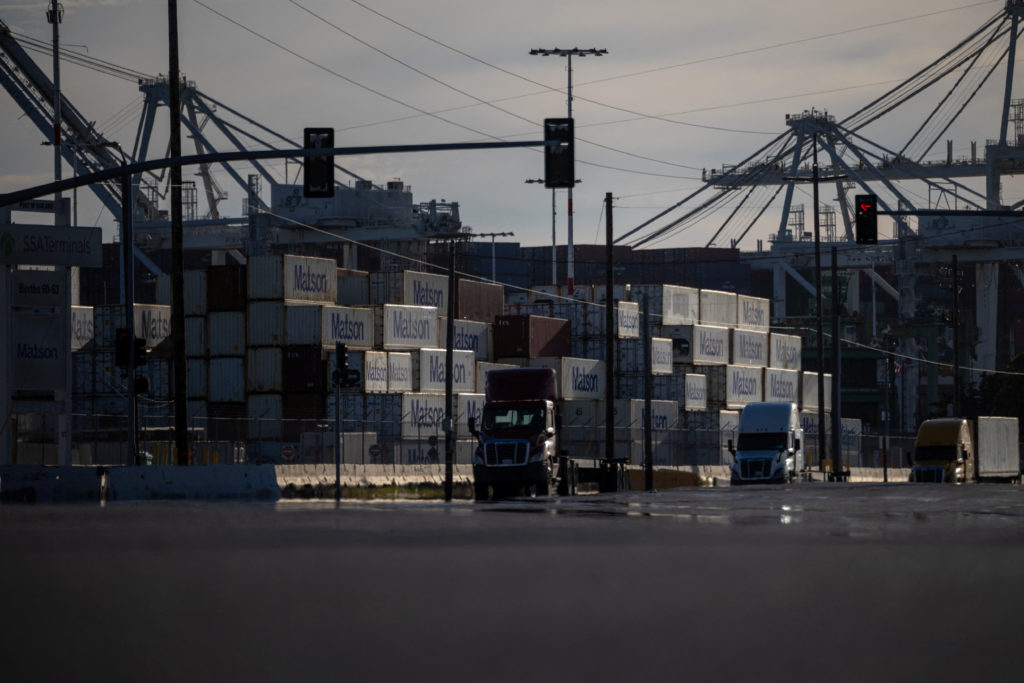China Retaliates: 125% Tariff Hike on US Goods Sends Shockwaves Through Global Markets
Beijing, China – In a dramatic escalation of the ongoing US-China trade war, China announced a significant retaliatory tariff hike on $75 billion worth of US goods. The move, effective immediately, imposes a staggering 125% tariff on a wide range of American products, including agricultural goods, autos, and chemicals. This action represents a substantial intensification of the trade conflict and has sent shockwaves through global financial markets.
The announcement came swiftly after the Trump administration announced further tariffs on Chinese goods, continuing the tit-for-tat cycle that has characterized the trade dispute for the past two years. This latest development significantly raises the stakes, threatening to further disrupt global supply chains and potentially impacting consumer prices worldwide.
Key Impacts of the 125% Tariff Hike:
- Agricultural Sector Hit Hard: American farmers, already facing challenges from previous tariffs, will be disproportionately affected by the 125% increase on agricultural exports. This could lead to significant losses and potential bankruptcies within the sector.
- Automotive Industry Under Pressure: The inclusion of automobiles in the tariff increase puts further strain on the already struggling US automotive industry. Increased costs for imported components and finished vehicles could impact both manufacturers and consumers.
- Global Supply Chain Disruptions: The increased tariffs will likely cause companies to re-evaluate their global supply chains, potentially leading to increased production costs and delays. This could have ripple effects across various industries.
- Inflationary Pressures: Consumers are likely to feel the impact of the increased tariffs through higher prices for various goods, potentially exacerbating inflationary pressures.
Market Reactions and Expert Opinions:
Global stock markets reacted negatively to the news, with significant declines observed in major indices. Analysts warn that the prolonged trade conflict could hinder global economic growth.
"This is a deeply concerning development," commented Dr. Anya Sharma, a leading economist at the Peterson Institute for International Economics. "The 125% tariff hike significantly escalates the trade war and risks triggering a full-blown trade conflict, with potentially devastating consequences for the global economy."
Other experts point to the potential for further retaliation from the US, suggesting the trade war could spiral further out of control. The uncertainty surrounding the situation is contributing to the market volatility.
What Happens Next?
The immediate future remains uncertain. While some predict further escalation, others hope for a negotiated resolution. The possibility of renewed trade talks remains, but the current climate suggests a difficult path ahead. The upcoming trade negotiations will be crucial in determining the future trajectory of the US-China trade relationship.
Keywords: China tariffs, US tariffs, trade war, China US trade, global economy, market reaction, agricultural impact, automotive industry, supply chain disruption, inflation, economic consequences.
Call to Action: Stay informed about the evolving US-China trade situation by following reputable news sources and economic analysis. Understanding the implications of this trade conflict is crucial for businesses and consumers alike. [Link to related article/news source]

